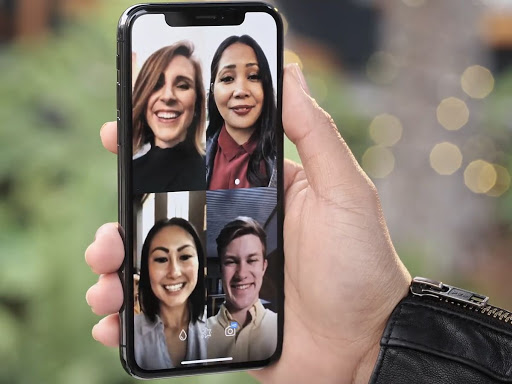
10 Oct Unlock Better Mental Health With a Digital Detox
Mental health affects all of us. It is something that we all have, and that we all need to do our best to look after.
World Mental Health day, on Saturday 10th October, aims to raise awareness and show support for those who suffer from poor mental health. ¼ of people worldwide will have a mental health disorder in their lifetime, but every single one of us will suffer from poor mental health at some point.
Whilst often the way we feel is out of our control, it is important to check in on ourselves every now and then. Being able to work out what is wearing us down is an invaluable skill to have, because it allows us to address a source of our problems. Once identified, we can put in measures to better protect ourselves and our mental health.
One such area that often causes stress and discontent is our use of technology. We live in an increasingly digital world; over the past few months we have seen workplaces, social gatherings, sports classes, universities and so much more transition to online spaces, and most of these changes look like they will be sticking for some time.
It is indisputable that our digital habits have a toll on our mental health. We can all think of times where having such easy access to work emails on our smartphone, or being bombarded by calls and texts and expected to respond instantly has caused stress. Our love of social media batters our self confidence, and the unwavering stream of notifications popping up on our phone wreak havoc with our sleep schedules.
However, because our world is going online, we refuse to acknowledge this. We are a social species and we fear withdrawing from our online social spaces. Consequently, many of us view a digital detox as an isolating thing, banning us from interacting online. So even if in our self-evaluation we do identify our digital habits as having a negative impact on our health, we feel helpless.
In reality, a digital detox has the opposite effect. Limiting screen use will make you value the time spent online with friends more. Instead of endlessly scrolling through social media, you will use the time you allow yourself on your tech to interact more personally, for example by video calling friends.

Digital detoxes have also been shown to reduce anxiety, encourage mindfulness and improve self-esteem. Furthermore, your sleep will benefit. Getting the right amount of sleep is essential for maintaining good mental health, and the reduced exposure to blue light, as well as the calming effect of not being online, will help you do just that.
Plus, the time not spent on your tech can now be used for other activities which will also lift your general mood. Try to go for a walk without your phone – beneficial for both cognitive skills and fitness – or take extra time to cook a delicious healthy meal.
There are different levels of digital detox you can embark on, from going completely cold turkey and banning all tech, to simply limiting your screen hours. It is up to you to pick one that works best around your work schedule and daily needs.
Whichever you choose for World Mental Health Day, we recommend keeping a journal to roughly note down your thoughts and feelings. Over the course of the digital detox, it is likely you will see a general improvement in mood. Having written evidence of that will remind you of the benefits that taking a digital detox has on your mental health.





Sorry, the comment form is closed at this time.